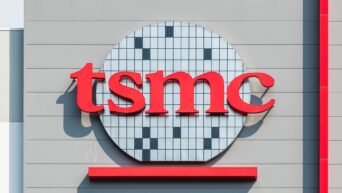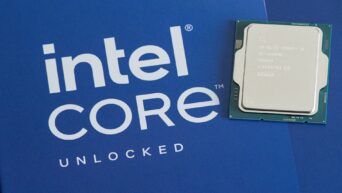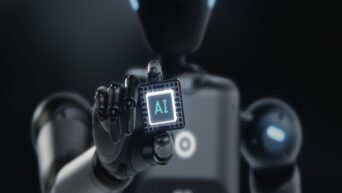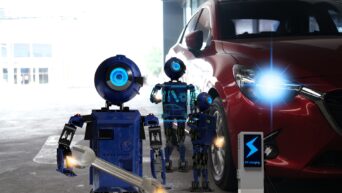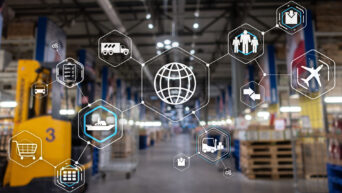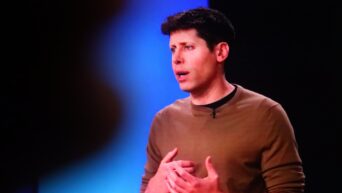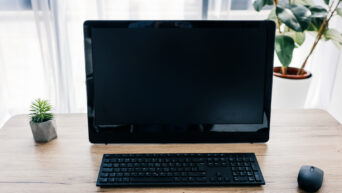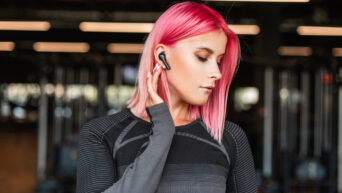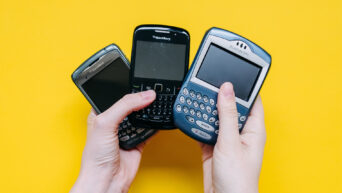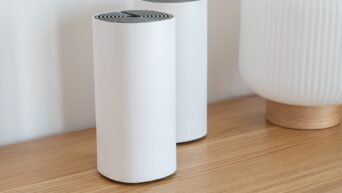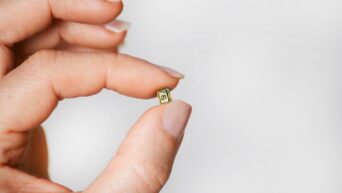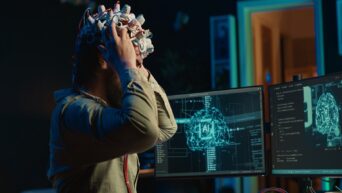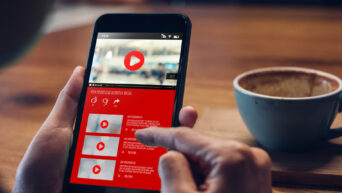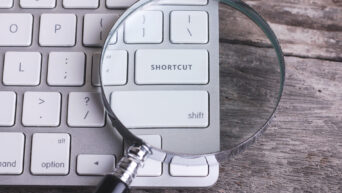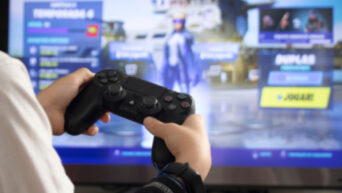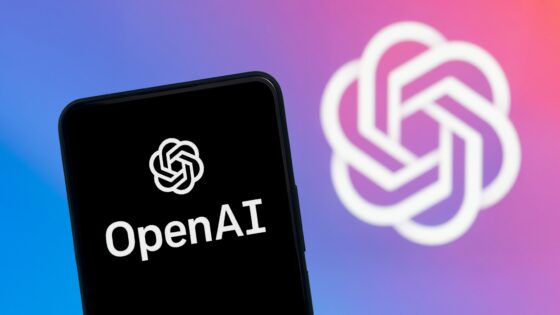
Credit: Unsplash
Subtle shifts in pulse could signify something serious.
The human body is a complicated precision machine; every last one of its processes needs to be working in a very particular way to keep you hale and hearty. When you contract diseases, those processes are steadily disrupted, which is why you become sick. But nobody becomes sick the instant they’re infected; it usually takes a little while before you show full-blown symptoms, all while the virus starts futzing with your bodily processes. If a new study is to be believed, we may be able to catch that futzing in the act.
A study from the Mount Sinai medical center in New York has suggested that smartwatches and wearable fitness devices could, in theory, be used to detect early signs of COVID-19 before they evolve into full-blown illness. While we unfortunately don’t have a way to prevent this from happening, if we could detect the early signs while someone is asymptomatic, they could immediately quarantine themselves before they start shedding the virus in larger quantities.
In the study, participants wore Apple Watches with specially-designed apps that carefully measured their heartrates. “The watch showed significant changes in HRV metrics up to seven days before individuals had a positive nasal swab confirming COVID-19 infection,” explains study author Robert P. Hirten, MD.
Since COVID-19 attacks your respiratory system, it can subtly hamper your breathing in its early stages. When your breathing is hampered, your heartrate fluctuates as your body tries harder to get the oxygen it needs. While this could be indicative of a different condition or illness, it could at least serve as a good reason to oneself tested for COVID.
The Morning After: Your smartwatch might detect signs of COVID-19 before you do https://t.co/nnSp7ZcWBO pic.twitter.com/7GExq3LegR
— Engadget (@engadget) January 19, 2021
“Developing a way to identify people who might be sick even before they know they are infected would really be a breakthrough in the management of COVID-19,” Dr. Hirten said. “This technology allows us not only to track and predict health outcomes, but also to intervene in a timely and remote manner, which is essential during a pandemic that requires people to stay apart.”
More studies on the subject are ongoing, with some smart devices manufacturers mulling the potential of a dedicated COVID-sniffing AI for commercial smartwatches.



